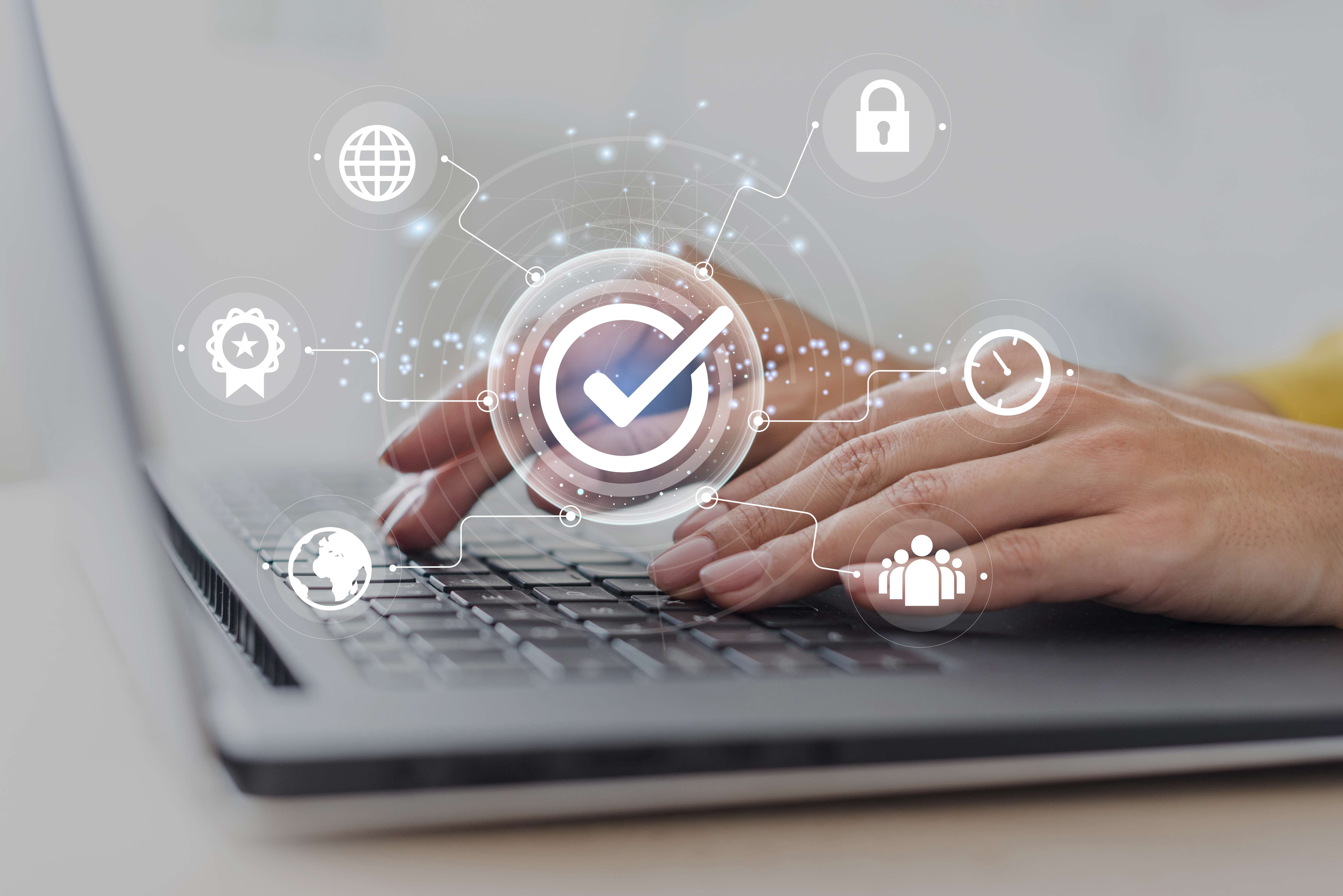
It is a reality that in our current daily life, the use of technologies and digital networks are mostly immersed in each of our activities, assuming that we are practically online for a large part of the day. We are interacting with our profiles on social networks, we use platforms to sell or buy products and services, we carry out banking transactions, we share and receive information, and we even keep in touch with people in our social circles.
For this reason, today more than ever Mexico needs mechanisms that safeguard the rights of all people who use these platforms, guaranteeing their security at all times while browsing in cyberspace.
The issue of cybersecurity is an issue that has been advancing by leaps and bounds in legislative matters in many countries that are a world power, but unfortunately in our country we are still in a development phase.
We must face an unfortunate fact, Mexico has serious problems in cybersecurity. The magnitude of the problem is such that our nation tops a list made up of several countries regarding weaknesses in cybersecurity. Only during 2019 there were 9.54 cyberattacks per second, turning this figure into more than 13.7 million per day, giving Mexico the highest rate of cyberattacks in the world.
This means that private sector companies, State institutions and the general population are in constant risk of being hacked into their networks, their databases and even their bank accounts. This seriously jeopardizes the very functionality and work dynamics of many organizations.
The first steps of the legislature in cybersecurity in Mexico came at the end of the last century. In May of the distant year of 1999, they worked on a classification of crimes in the Federal Criminal Code, where legislators amended the law by adding a specific chapter that took into account as illegal acts access without consent or misuse of systems and equipment computer scientists.
From that moment on, cybersecurity entered the public debate, but the laws have been advancing slowly and slowly, without great long-term repercussions.
But now on September 1, 2020, Senator Miguel Ángel Mancera presented an initiative to pass a law that duly regulates security in cyberspace; This law is intended to be called the General Cybersecurity Law.
It intends to make modifications in some articles to the Federal Criminal Code and the General Law of the National Security System, so that both the regulations on computer security and cyber crimes that arise, are already regulated and sanctioned by a new law.
It also seeks to include a special chapter where it talks about Critical Computing Infrastructure. This will be the one that includes the entire information infrastructure in possession of state entities of any level (federal, state, municipal), which is intended to safeguard and protect with sanctions for those who try to sabotage or have sabotaged these networks.
The primary objective of the General Cybersecurity Law is to protect all state institutions, private sector companies and the general population from cyberattacks through the implementation of actions to prevent and punish acts perpetrated by cybercrime.
It is all illegal activity carried out through the use of technologies. Those responsible can range from individually isolated individuals, to organized groups, or even state-sponsored factions.
This type of crime focuses on cyberattack mechanisms or techniques such as phishing or malware to sabotage systems, networks or deposit viruses on devices through emails to steal personal information.
Now, citizens have to face cybercrime along with progress in the legislature. Because the problem of cybersecurity is not only addressed from the law, but also has to be faced with the development of a culture of crime prevention, which conforms to a series of habits and good practices for browsing in cyberspace.
From the business perspective, large companies and businesses of all kinds have the responsibility to invest in the protection of their computer systems and databases to guarantee security for the organization itself, its collaborators and its customers. It is also essential that companies can train their staff on cybersecurity issues to have employees prepared to face any type of risk in this category.
From the family and the people in their individuality, they will have to begin to be more informed about technological matters to begin to adopt their own culture of cybersecurity from home. These preventive habits can range from parental control locks, protections and restrictions when executing transactions, to the generation of codes and manuals for the correct use of information on the Internet.
At Defend Abogados ® we invite the general public to be aware of the resolutions and the evolution of the initiative of the General Cybersecurity Law, since it is an issue that affects any space of daily life. We also encourage each day to advance with firmer steps aimed at developing a culture with healthy habits and responsible for the use of information technologies.
If you are interested in other legal analyzes, we invite you to watch and listen to the content of our channel on YouTube:
https://www.youtube.com/channel/UCh2Jxz81RxWfMI9Fley90hw
©2021 Defend® Abogados. All rights reserved.
Web Design and Development by: Genotipo®